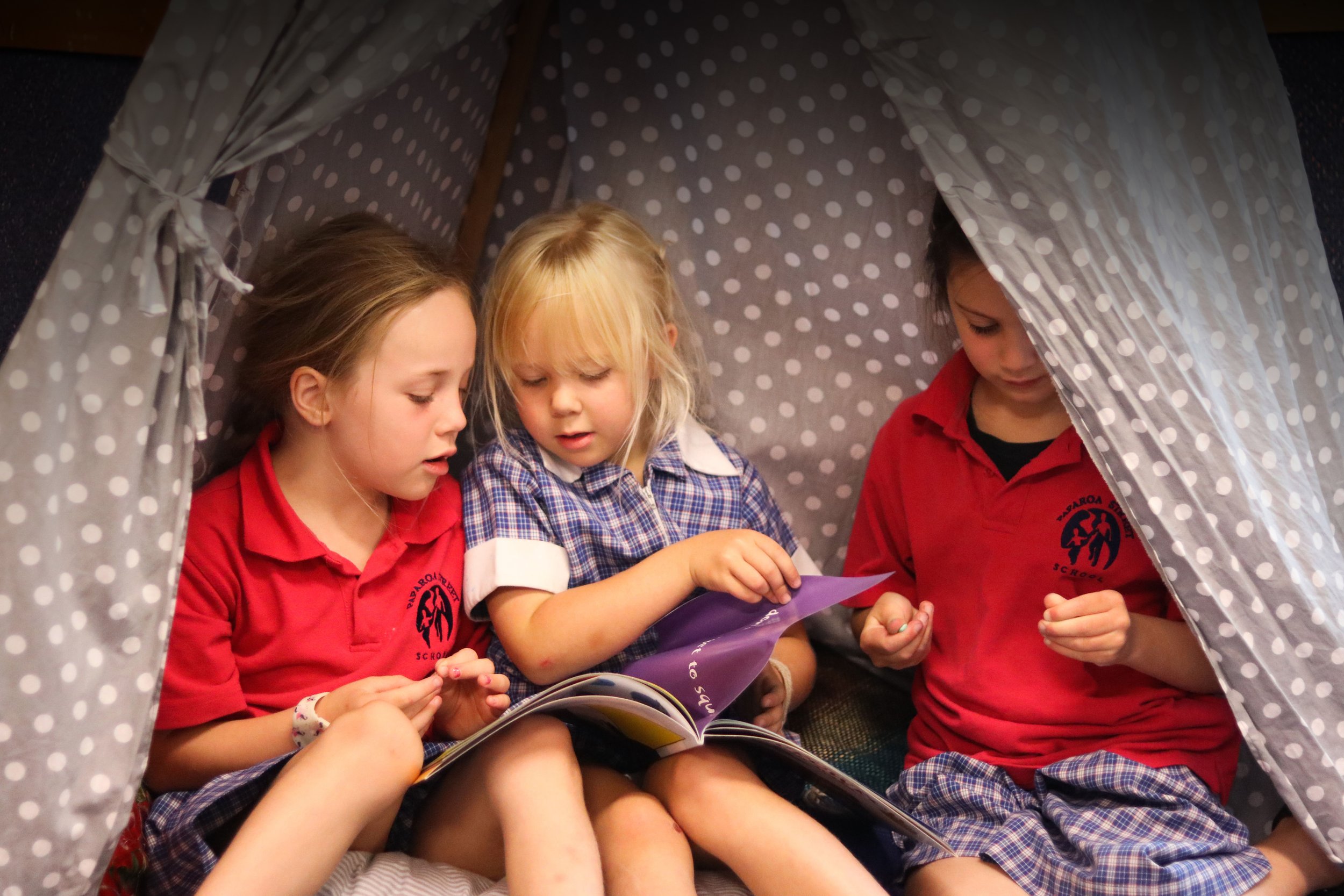
Well-being
Quality education gives learners the knowledge, skills, competencies and experiences to succeed in life in ways that matter to them. When children and young people have a strong sense of wellbeing, they can engage meaningfully in learning.
Every learner has the right to a safe, healthy and supportive learning environment, where they are accepted and respected, and an education that values their identity, language and culture, and those of their family and whānau.
Behaviour Management
Behaviour Management is always a hot topic in schools! Here is how we teach and respond to behaviours at Paparoa Street School.
Zones of regulation
We understand the need for all learners to express their feelings and understand their emotional reactions to situations. Through engaging in a variety of wellbeing initiatives they are encouraged to better understand ways to regulate their emotions.
We use the simple colour coded format of the Zone of Regulation to encourage this learning.
There are four colour zones which we use to describe and understand how our brain and body feels. They are broken into; blue, yellow, red and green zones. By teaching this programme in a manner that is easy for all children to understand, we hope to build capacity for resilience and their ability to 'self regulate' their emotions when things go wrong. This is useful for adult - children as well as child - child interactions.
Circle Time
We regularly come together for a Circle Time session. Through engaging with Circle Time activities learners practice the skills of active listening, expression of emotions and feelings, and reflection. They discuss similarities and points of view and work with others to solve problems and have fun.
Restorative conflict resolution practices
In situations of conflict, conversations will be held with all parties involved. Adults will be involved in a high level of support with responsibility for creating clear boundaries. Children will be engaged in the process or problem-solving and in determining what’s needed to put things right.
Everyone will have a chance to tell their story. If you are wrong you will be given a chance to make amends and put things right. If you are a victim you will have a say in how to make things right. Opportunities will be created for all parties to understand, reflect on and learn from the experience in a respected way.
There will be a sense of collective accountability and responsibility.




